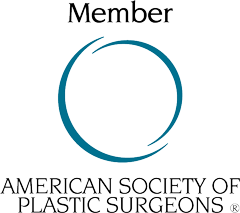Board certification: By what board? in what speciality?
In this video, I talk about what it means to be “board-certified” and how you can check to see if the plastic surgeon you’re considering for a procedure is truly board-certified or not, regardless of the number of diplomas hanging on the wall.
When it comes to your body, demand the best. Your physician or surgeon should always be board-certified. More specifically, he or she should be board-certified in a specialty that is recognized by the ‘American Board of Medical Specialties,’ the ABMS. There are some ‘specialties’ operating in the world of medicine that have created their own ‘board certification’ in ‘specialties’ that are NOT recognized by the ABMS. There is a *BIG difference* and, in general, the public is not aware of the difference.
The ABMS is the gold standard of certification, it is supported by all of the other institutionalized American boards in medicine that recognize those primary specialties. Then there’s the ‘Accreditation Council for Graduate Medical Education’ (ACGME) which oversees the residency review committees that oversee how doctors are trained and what kind of training they’ve received. Specialties that are officially recognized by the ABMS have comprehensive residency programs with very strict criteria. Strong residency programs ensure that your physician is prepared to deal with complications, should they arise.
In the field of reconstructive and cosmetic surgery, there is only one ABMS-recognized specialty: Plastic Surgery. Thus, there is only one recognized board certification: the American Board of Plastic Surgery, the ABPS. Plastic surgeons who get boarded by the American Board of Plastic Surgery have much more rigorous and comprehensive training. If you want to have plastic surgery, be sure to get it done by someone who’s board-certified – in plastic surgery – and who belongs to the American Society of Plastic Surgeons (ASPS)!
